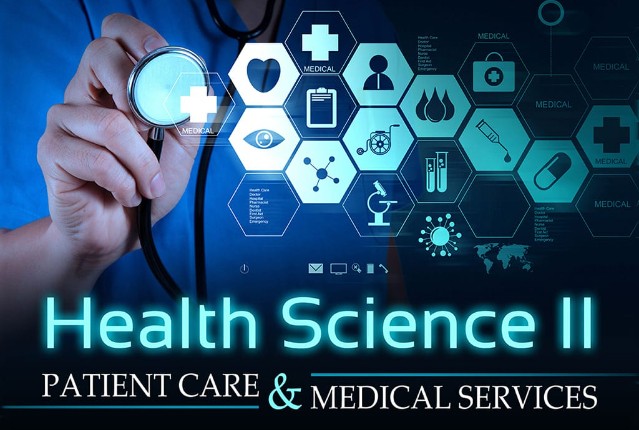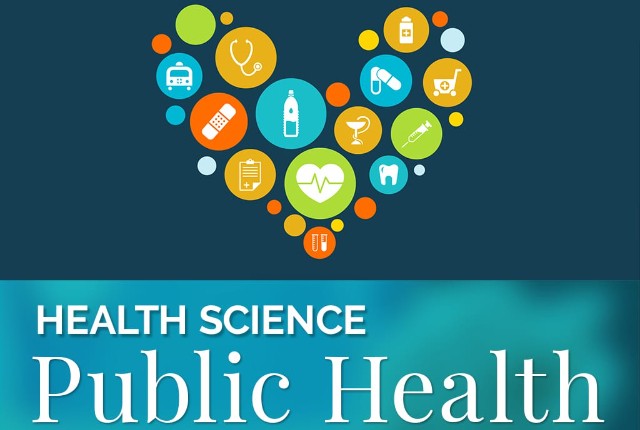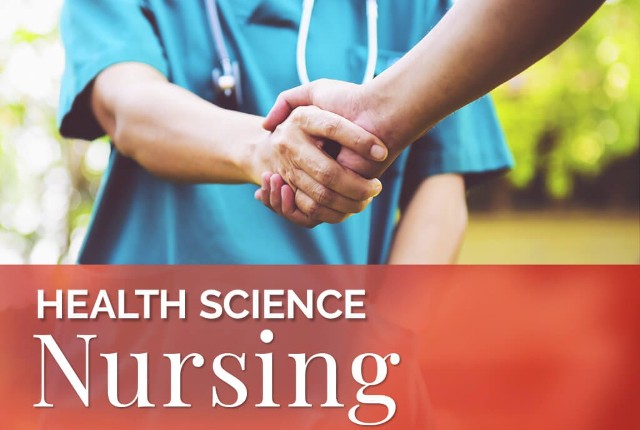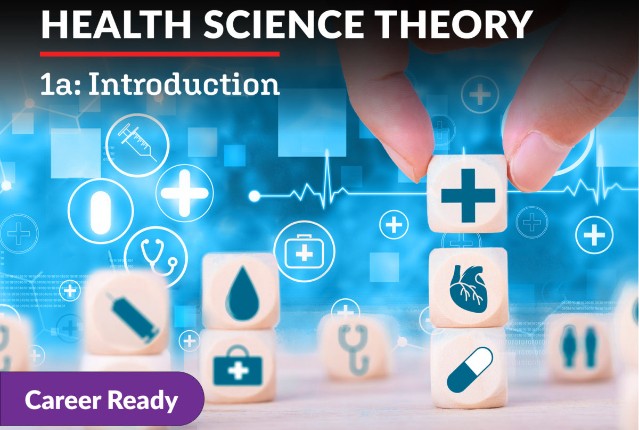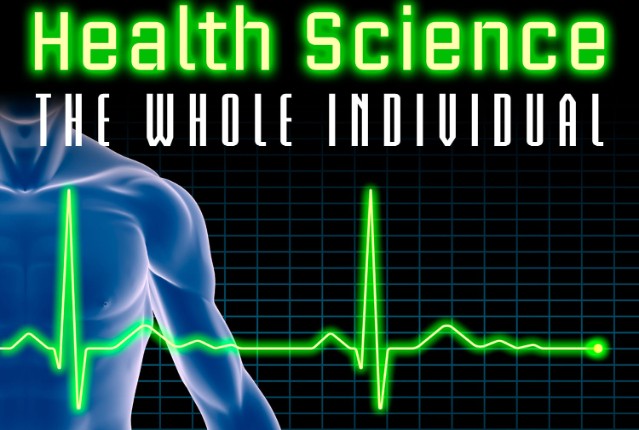
Health Sciences: The Whole Individual
Finding effective solutions to different health problems is one of our greatest challenges. How close are we to finding a cure for cancer? What’s the best way to treat diabetes and asthma? You’ll be introduced to disciplines such as toxicology, clinical medicine, and biotechnology. Understanding the value of diagnostics and research can lead to better identification and treatment of many diseases, and by learning all the pertinent information and terminology you can discover how this amazing field will contribute to the betterment of human life in our future.
Review course outlineAccess for a year
USD 299.00*
* Choose more courses to get a discount
